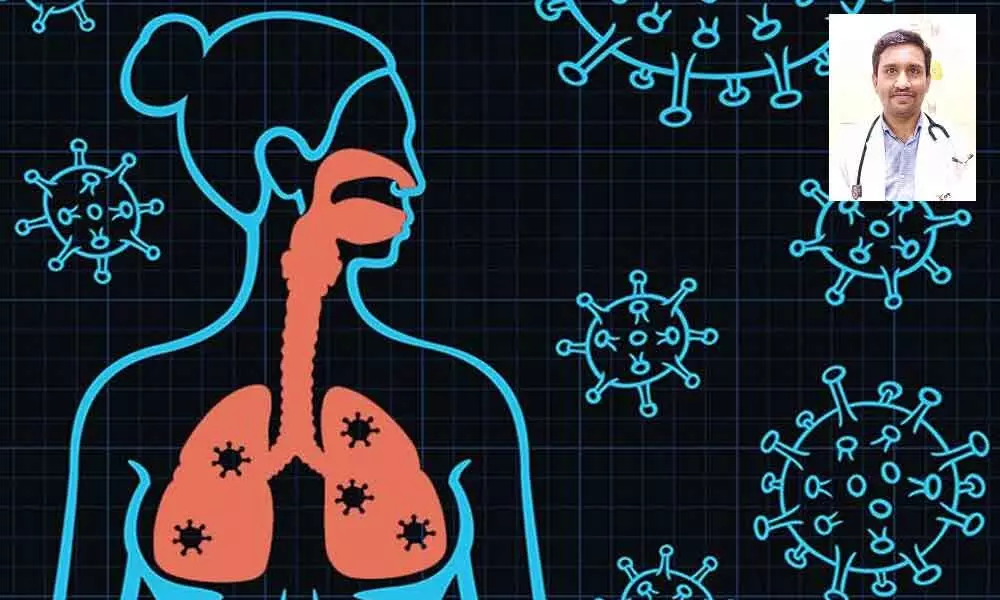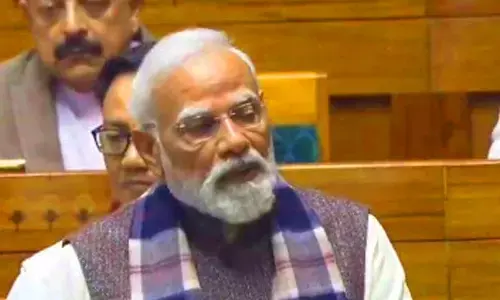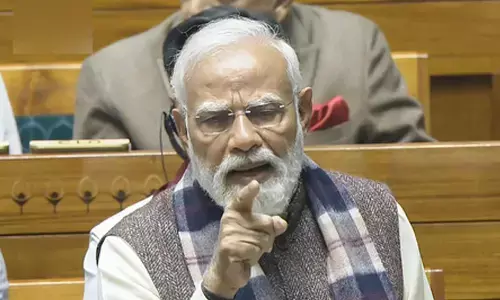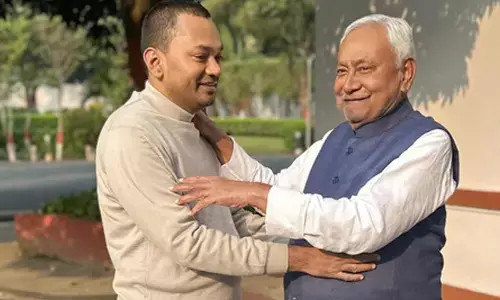Immuno compromised people are prone to fungal infections

Dr G Sriharsha
The people with low immunity like diabetes, HIV, cancer, or people who underwent organ transplantation must take post COVID care and follow up with their doctors for at least two weeks, says noted pulmonologist Dr G Sriharsha, working at KIMS Hospital in Ongole.
With the experience of treating more than 700 COVID patients, what do you suggest to the people infected with Coronavirus?
During this second wave of Coronavirus, the fear factor is increased in the public. The people are trying to grab a bed and oxygen cylinder once they are announced as COVID positive, as they are panic about their condition in near future. Though a person is announced as a COVID positive, he or she can be happily stayed in home isolation, keeping in regular contact with the doctors. If they have no facility for a separate room with a bathroom, they must go to the COVID Care Centres established by the government, without any inhibitions and leaving social stigma behind.
There are lakhs of people in home isolation. When should do they get admitted to the hospital?
There is no need to panic if people have mild symptoms like cough, cold, fever, vomiting, and diarrhoea for four to five days while using the medicines prescribed by their doctor. If they have any symptoms like fever again in a couple of days, oxygen saturation level is below 92 and suffering from severe diarrhoea then they are advised to go to the hospital immediately.
What do you say to the COVID positive patients when they approach the hospital for the first time?
A large number of people are flooding the hospitals for joining. The doctors, including me, offer counselling to them first and ask them to stay in home isolation as most of them are in the early stage of COVID. Based on the symptoms and the co-morbidities, and the results of the inflammatory markers like HRCT Scan, D Dimer Test are correlated with the preclinical history and they will be admitting the patients and allotting the beds based on the severity.
What do you suggest to the people in home isolation?
The people in home isolation should monitor their symptoms, have home-cooked food when it is still hot, eat fruits and dry fruits, and take more than 4 litres of liquids. They should also wear masks all the time and do the cleaning and washing for themselves, to protect their family members from getting infected with the Coronavirus.
How important is the vaccination?
Getting vaccinated is very important to protect oneself from the Coronavirus. We observed that all COVID patients who already took the two doses of the vaccine have recovered successfully. The public should understand that appropriate COVID behaviour is their minimum responsibility. They should not go to congested places, even for the vaccine, as such places are more prone to the spread of Coronavirus easily. They should use double masks properly covering their nose, avoid groups, strictly follow the instructions of the government, take a healthy diet and do exercise.
What type of post COVID complications are you observing? and why?
Immunocompromised people are facing issues after they successfully defeated the Coronavirus. We are observing fungal infections at the nose, sinus, lungs, eyes etc. and they are named after the colour they appear, like black fungus, white fungus or yellow fungus. The mucormycosis is being called black fungus while candida is called white fungus and sporotrichosis is called yellow fungus. The people who failed to control their glycemic index, people with preexisting diabetes, people who required oxygen due to the use of steroids and treated with no proper oxygen delivery control are more prone to fungal infections. The black fungus is observed in the nose, lungs, upper respiratory tracts, eyes etc and based on the location it is further spreading and the patients are losing eyes, jaws and even life. The people can get treated early by visiting the doctors as soon as they identify the symptoms like nose block, headache on one side, fever, cough, discolouration at nose and eyes, colourful mucus or phlegm, sputum.














